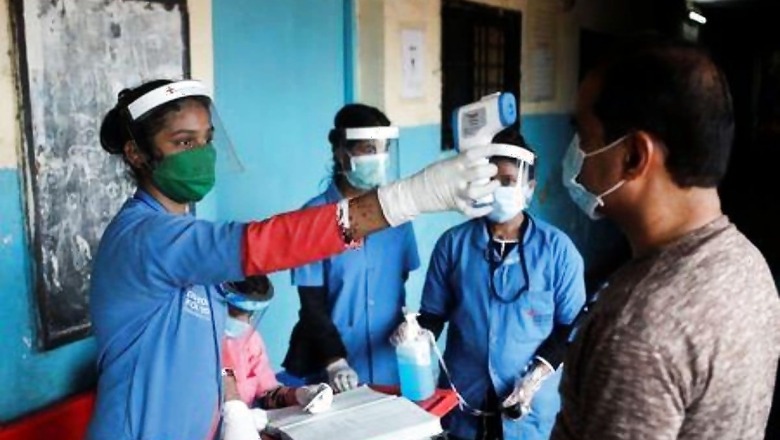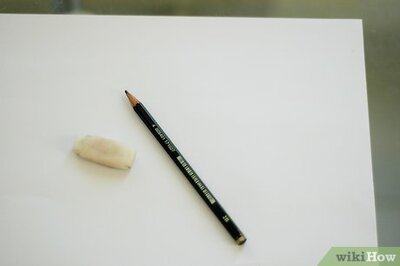
views
RT-PCR benefits and disadvantages
Developing quick and reliable diagnostic tools and increasing diagnostic capacity during the pandemic is critical. Currently, the most accurate method of diagnosing COVID-19 is the real-time reverse transcription-polymerase chain reaction or RT-PCR test. The SARS-CoV-2 virus’ genetic material consists of a single long strand of ribonucleic acid (RNA).
The RT-PCR test detects the presence of this viral RNA in host samples like nasal or oral swabs, saliva, etc and thereby you get a positive or negative result for the virus’ presence in your body. While RT-PCR isn’t 100% accurate, it’s considered to be the most effective method for COVID-19 detection to date. However, there are two major problems with RT-PCR tests. Firstly, it requires rather bulky instrumentation, which is costly and can only be housed by centralised laboratories. Secondly, it needs an hour or two to create an assay (the investigative procedure), which means that testing is a rather slow process.
nanoPCR ? a new tech for COVID-19 detection
A new study published in the journal Nature Biomedical Engineering reveals that scientists have now successfully created nanoPCR technology, which is meant to overcome these limitations of RT-PCR tests. Created by researchers based at the Institute of Basic Science in South Korea, this technology involves a portable device that uses the basic method involved in RT-PCR but speeds up the processes involved in the creation of the assay.
Thermocycling is the method used to amplify the RNA in a sample and requires the application of heat. The scientists used a plasmonic heating method (which uses magnetic resonance and vibrations to generate the heat faster) with the help of nanoparticles to bring the entire duration of the diagnostic test down to about 17 minutes.
These researchers tested the new technology on the nasal, oral and saliva samples of 75 COVID-19 patients and 75 healthy participants and found that the SARS-CoV-2 RNA was accurately detected in the aforementioned duration of time. This method is fast, portable and automated, and can therefore revolutionise the diagnostic technology for not just COVID-19 but other viral infections too.
Other tests for COVID-19
Apart from RT-PCR, there are a few other diagnostic tests that can detect the SARS-CoV-2 virus, though not with the same accuracy. These tests should not be confused with antibody tests, which are serological and not molecular. Antibody tests reveal whether you have developed antibodies against the virus or not, which could indicate whether your body’s immune response is working strongly and if you have entered the convalescent phase or not. However, an antibody test cannot be used as a diagnostic tool. The following are some of the other COVID-19 diagnostic tests currently being used in various parts of the world:
- TrueNat: Developed by an Indian company, TrueNat is a chip-based and battery-operated RT-PCR test that detects SARS-CoV-2 viral RNA in about an hour’s time. This test is considered to be highly sensitive and specific.
- LAMP test: This test uses real-time loop-mediated amplification (LAMP) technology to isolate and detect the presence of the SARS-CoV-2 virus. This method is rapid (since it provides results in 30 minutes), accurate and doesn’t require much instrumentation. A variety of this test kit got the US Food and Drug Administration’s (FDA) approval for home testing in November 2020.
- Rapid antigen test: This test, which usually takes just 15-30 minutes to declare results as per the FDA, detects if your body has antigens (certain SARS-CoV-2 proteins) for COVID-19. This is not the most accurate test for COVID-19. A positive result in a rapid antigen test usually represents an accurate diagnosis of active COVID-19 infection but if the results are negative and you show symptoms, your doctor may ask you to take an RT-PCR test to confirm the diagnosis.
For more information, read our article on RT-PCR test for COVID-19.
Health articles on News18 are written by myUpchar.com, India’s first and biggest resource for verified medical information. At myUpchar, researchers and journalists work with doctors to bring you information on all things health.
Read all the Latest News, Breaking News and Coronavirus News here















Comments
0 comment